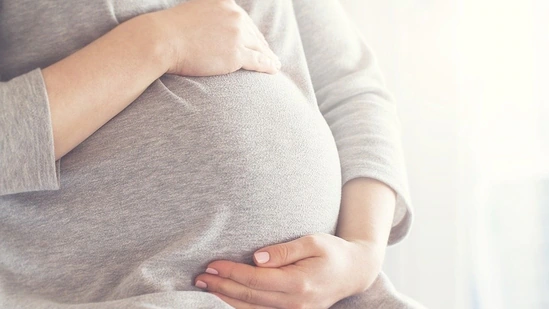The reproductive potential left in a woman’s two ovaries is determined by the amount and quality of eggs. A woman is born with a limited quantity of eggs, and her body is incapable of producing more. Female rats exposed to a screaming sound may have decreased ovarian reserve and fertility, according to the findings of a small animal research. The reproductive potential left in a woman’s two ovaries is determined by the amount and quality of eggs. A woman is born with a limited quantity of eggs, and her body is incapable of producing more. The loss of normal reproductive capacity in the ovaries owing to a decreased count or quality of surviving eggs is known as diminished ovarian reserve.
“We used a scream sound model in mice to study the effect of stress on ovarian reserve,” stated Wenyan Xi, PhD, of Xi’an Jiao Tong University’s Second Affiliation Hospital in Xian, China. “We discovered that female rats exposed to screams had a lower ovarian reserve and were less fertile.”
The researchers investigated the effect of stress on ovarian reserve in female rats using a scream sound paradigm. They studied the effects of exposing female rats to a screaming sound for three weeks on their sex hormones, egg amount and quality, and capacity to get pregnant and bear offspring after mating.
They discovered that the rats’ oestrogen and anti-Mullerian hormone levels were reduced when they screamed. The Anti-Mullerian hormone is a hormone produced by the ovaries that aids in the formation of reproductive organs. The screaming reduced the amount and quality of the women’s eggs, resulting in fewer litters.
“Based on these data, we believe stress is linked to a decrease in ovarian reserve,” Xi added. “Determining a link between chronic stress and ovarian reserve is critical because it will help us understand the limitations of existing treatment therapies and give vital insight into the aetiology of ovarian reserve loss.”







